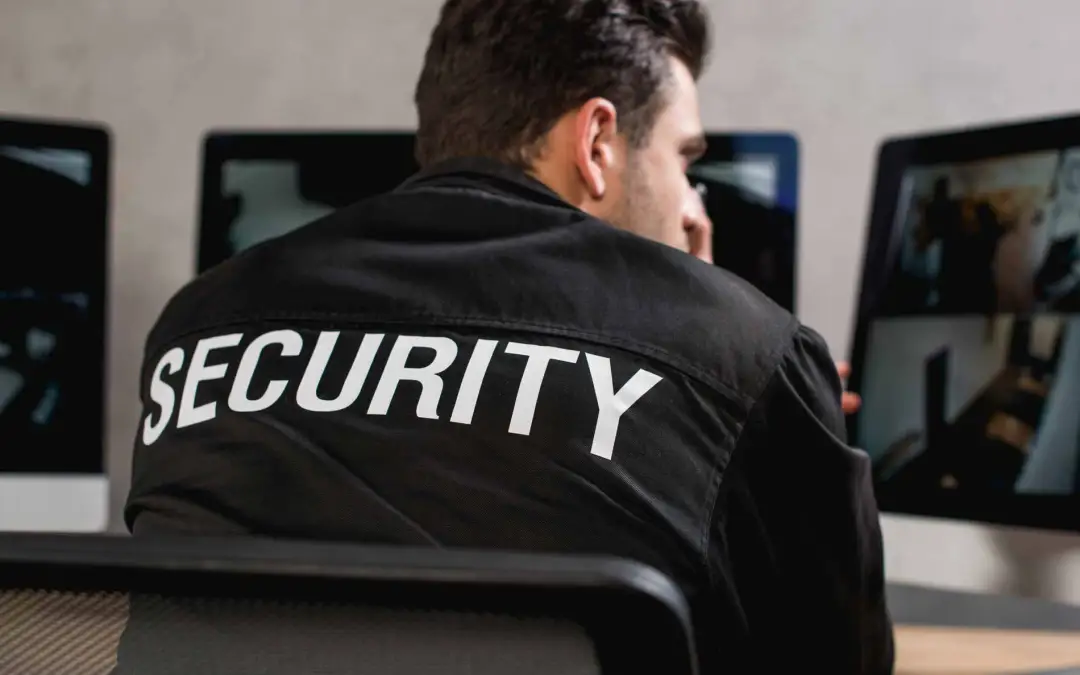Security guards play a crucial role in maintaining safety and order, but their responsibilities often place them at significant risk. From handling confrontations to patrolling hazardous areas, security professionals face a range of challenges that require proper training, licensing, and workplace protections. At blackledge security & bondsman/beatraining site, professionals can gain the skills and knowledge they need to stay prepared for these challenges. Understanding the importance of safety training and being informed about workers’ compensation rights is essential for success in this field.
Comprehensive Training: The Foundation of a Security Career
To work effectively as a security guard, proper training is non-negotiable. Security guard license training equips professionals with the skills needed to perform their duties responsibly while adhering to legal requirements. These training programs cover various topics, including situational awareness, conflict resolution, and emergency response procedures.
What Security Training Includes:
- Legal Frameworks: Security guards must understand their legal boundaries to avoid overstepping their authority.
- Conflict Management: Learning how to de-escalate tense situations is vital for preventing harm to oneself and others.
- Emergency Response: Guards are often first responders, making it essential to know how to act during fires, medical emergencies, or other crises.
Fun Fact: Did you know that some security guards undergo advanced training in surveillance technology, enabling them to identify threats through sophisticated equipment?
The Importance of Workplace Safety
While security guards focus on protecting others, their own safety can sometimes be overlooked. Many are exposed to physical risks daily, from confrontations with intruders to injuries during patrols. Workplace safety training is crucial to reduce these risks and ensure guards can perform their duties confidently.
Employers are responsible for providing safety equipment, clear protocols, and a secure working environment. However, guards must also take an active role in staying safe by following proper training and reporting hazards.
Workers’ Compensation: A Critical Protection for Security Guards
Given the nature of their job, security guards are at a higher risk of workplace injuries than many other professions. Whether it’s a slip-and-fall during a patrol or an injury from a physical altercation, accidents can lead to lost wages, medical expenses, and long recovery periods. Workers’ compensation laws exist to protect security professionals in these situations.
Workers’ compensation lawyers can help security guards navigate the process of filing claims, ensuring they receive the benefits they’re entitled to. They provide representation for injuries resulting from workplace accidents, advocating for injured workers in disputes with employers or insurance providers and protecting their rights and financial stability. Having a clear understanding of these laws is essential for security guards, as it empowers them to act quickly and confidently if an injury occurs.
The Role of Safety Training in Preventing Injuries
Safety training isn’t just about reducing risks; it’s about empowering guards to handle challenges effectively. Many training programs emphasize injury prevention techniques, from proper lifting methods to using defensive tactics in confrontations. This knowledge not only protects guards but also minimizes the chances of costly workplace injuries.
Employers benefit, too, by reducing insurance claims and fostering a safer work environment. Workers’ compensation lawyers often emphasize the importance of such training, as it strengthens claims by demonstrating that employees were equipped to handle their roles safely.
Advancing Careers Through Specialized Training
Security guards who invest in additional certifications can expand their opportunities within the field. For example, obtaining certifications in first aid or advanced surveillance can make guards more valuable to employers. Specialized training also enhances confidence, helping guards feel more prepared to face the unpredictable challenges of their job.
Specialized Certifications to Consider:
- First Aid and CPR Certification
- Advanced Surveillance Training
- Crowd Control and Event Management
Interesting Fact: Security guards with advanced certifications often earn higher wages and are eligible for leadership roles.
Protecting Security Professionals Through Awareness and Advocacy
The security profession is as rewarding as it is demanding, but staying informed about workplace protections, like workers’ compensation rights, is vital. By combining safety training with a strong understanding of legal protections, security guards can reduce risks, ensure their well-being, and build long-lasting careers.
Whether it’s through training, workplace policies, or legal support, protecting the people who protect others is a responsibility that benefits everyone. When security guards are empowered with knowledge and resources, they’re better equipped to handle their responsibilities and overcome challenges with confidence.
Also Read: Whole Home Remodeling: 6 Ways to Create a High-End Look.





